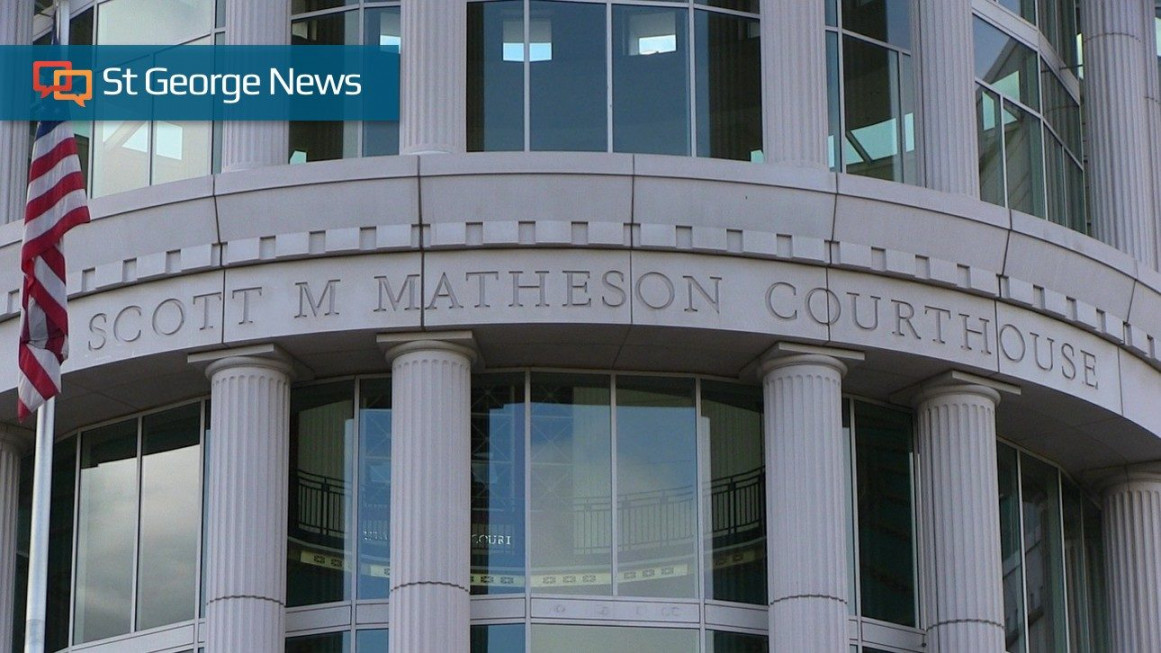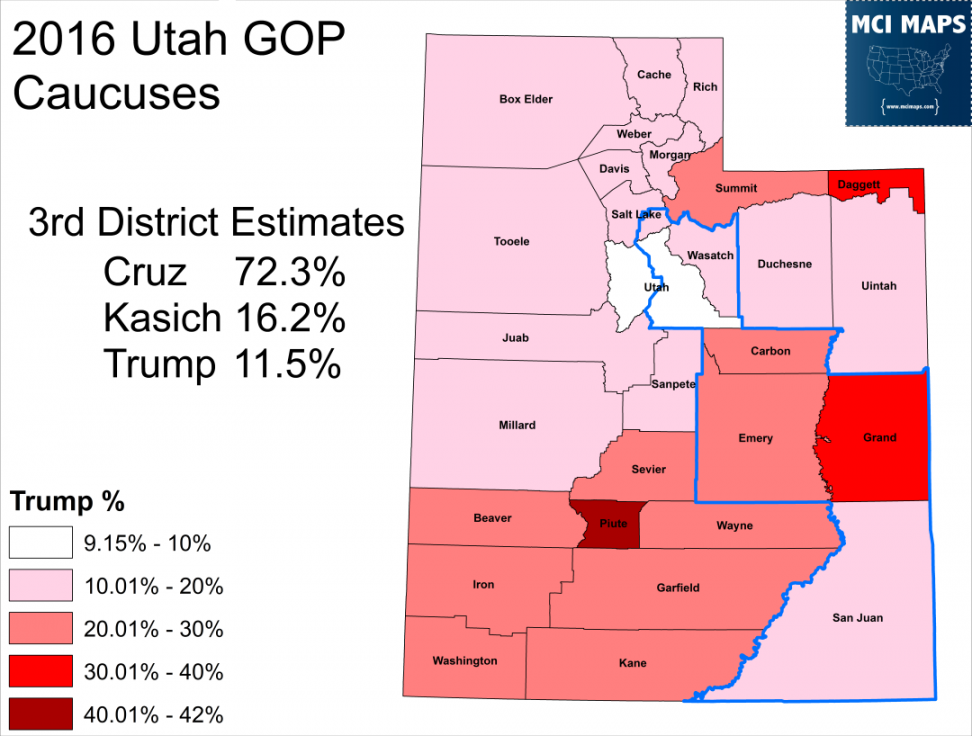Utah 4th District Court Calendar
Judge to rule if public gets to see Utah attorney general’s work calendar
Estimated read time: 3-4 minutes

SALT LAKE CITY – Utahns may finally get to see a record of the day-to-day work life of the state’s top law enforcer.
A yearlong legal battle for access to Utah Attorney General Sean Reyes’ work calendar took KSL to court Monday, where the news organization argued the public has a right to see the schedule, but the attorney general’s office maintained the record isn’t subject to release under state law.

The notion that an elected official’s work calendar is outside the reach of Utah’s open records law is “a very dangerous argument,” said attorney David Reymann, who’s representing KSL.
These schedules are important because they can reveal whether public employees are doing their jobs or not, Reymann said.
A lawyer for the Utah Attorney General’s Office said the office isn’t trying to hide anything. “This case is not about secrecy, and it’s not about keeping records from the public. It’s about statutory interpretation,” said assistant attorney general Vanessa Walsh.
Judge Patrick Corum looked visibly surprised when Reymann told him the KSL Investigators first requested a copy of Attorney General Sean Reyes’ schedule more than a year ago, in November 2022.
The Utah State Records Committee sided with KSL in May, ordering Reyes’ office to release the calendar but allowing it to redact any information about his personal engagements, along with the locations of his work appointments. Reyes’ office then appealed that decision to 3rd District Court.
On Monday, attorneys parsed a history of changes to the state’s open records law, along with prior federal court decisions handed down far away from Utah and the differences between today’s online calendars and the daily paper ones that predate the digital age.
David Reymann, an attorney for KSL, argues for access to Utah Attorney General Sean Reyes’ calendar in Salt Lake City’s 3rd District Court on Monday before Judge Patrick Corum. (Photo: Jay Hancock, KSL-TV)
The judge peppered both sides with questions throughout the hourlong hearing and talked about his own practice as a public official trying to keep track of personal appointments.
“The computer system here is subject to GRAMA, so aside from the occasional dentist appointment or something, I do not put things on that, for this very reason,” Corum said.
He didn’t rule from the bench Monday on KSL’s motion for summary judgment in the case, saying he’d do so Tuesday instead. Corum said that he believes the law is straightforward.
“My inclination is, I do not think the statute is ambiguous,” Corum said Monday. But he added that in fairness to the attorney general’s office, he wants to take time to study a 2005 change to the state law, and specifically just one word that lawmakers switched from “and” to “or” in 2005.
The change states that “a daily calendar or other personal note … prepared for personal use” isn’t subject to public release.
The seemingly small change is important, Walsh said, because it distinguishes the mention of a “daily calendar” from a separate type of personal note kept for a public employee’s own use.
Reymann disagreed.
“It’s a semantic distraction,” he said after the hearing. “If the Legislature had intended to make sure all daily calendars off-limits – period – it would have said so, and it didn’t.”
As attorney general, Reyes has drawn criticism for globetrotting with the former leader of an embattled charity, Operation Underground Railroad, along with several other controversial trips out of state. As scrutiny of his travels and friendships piled up last year, he announced he’s not running for reelection.
Separate from the court case, Utah lawmakers are considering a proposal, SB240, that would explicitly keep these calendars secret in the future.
Related storiesMost recent KSL Investigates stories
Daniella Rivera joined the KSL team in September 2021. She’s an investigative journalist with a passion for serving the public through seeking and reporting truth.